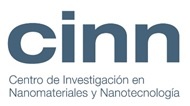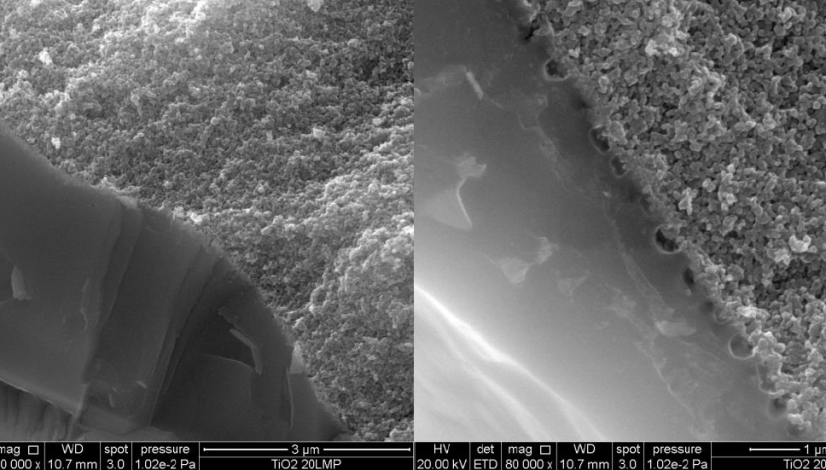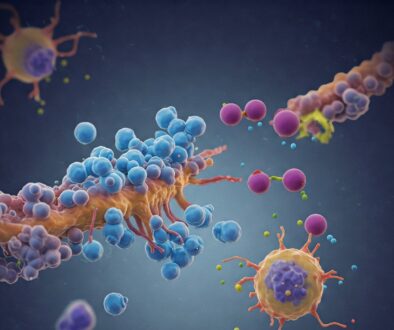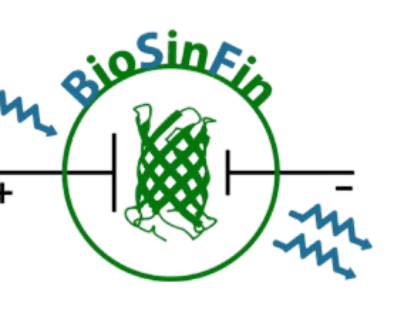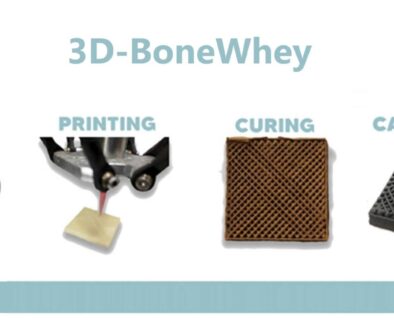Development at low temperature of nanostructured materials from inorganic matrix for applications of advanced technologies
Abstract
The technology transfer from experimental set up to large scale production of nanoparticles always finds a non completely solved trouble: the safe handling of large amounts of nanopowders. In fact, the small aerodynamic radii as well as its very high specific surface make them a very complicate system to process. In this regard, one possible solution is to support nanoparticles into an inert matrix to stabilize them. However, quite often, the binding process is too aggressive for the nanoparticles and ceases to exist by agglomeration or even sintering processes. Even when the nanocomposite is manufactured, the nature of binder strongly limits the application in harsh chemical o thermal environments.
In this sense, most of the currently employed binder materials are organic polymers. These materials can be fused or extruded by standard industrial processes. However, the organic nature avoids its applications in environments at temperatures above 100ºC, in those with a high UV radiation or in the presence of organic solvents. Examples of these technologies can be found in magnetic recording tapes, surface conductive pastes, paintings, etc….
This project will deal with this technological challenge by proposing to use an inorganic binder to conform solid nanocomposites, stable at temperatures larger than 100ºC, but keeping the intrinsic and individualized properties of the nanoparticles. This approach is very general and can be employed for the fabrication of nanostructured products suitable for many different applications. In this regard, we will demonstrate the ability to bind several different types of nanoparticles commonly employed in industrial processes such as:
- Magnetic nanoparticles
- Photocatalytic nanoparticles
- Smart antimicrobial coatings
- Quantum-dots
Project Details
Code: PID 2020-119130GB-I00
Duration: 01/09/2021 – 31/08/2024
CINN’s budget: 72.600,00 €
Funding Ministry of Science and Innovation. AEI


